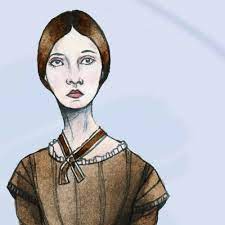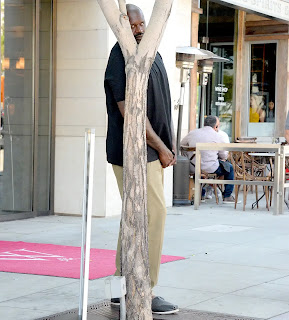Bang Bang, Shoot Shoot

I have not had a lot of experience with Emily Dickinson before this class, so it has been interesting to read some of her poems for the first time. One of my favorites is her “My Life had stood—a Loaded Gun—”. I am most intrigued by the poem’s central metaphor of women being guns. It encapsulates the oppression of women that is still prevalent in today’s world. Like when the gun is “identified— / And carried…away” (3-4), women are seen as worthless objects until someone, a man, decides to put value into them. At a quick glance, the speaker might seem to thrive in this role of submission. When she “speak[s] for Him— / The Mountains straight reply—” (7-8), meaning that the gun-owner, the man, wields her power to his own advantage. He does not need to talk while hunting or being out in the world because he has this forceful power that “talks” when it is shot. By evoking the image of wilderness with “Sovereign Woods” (5) and “Mountains” (8), a similar idea is presented that her compliance ...





